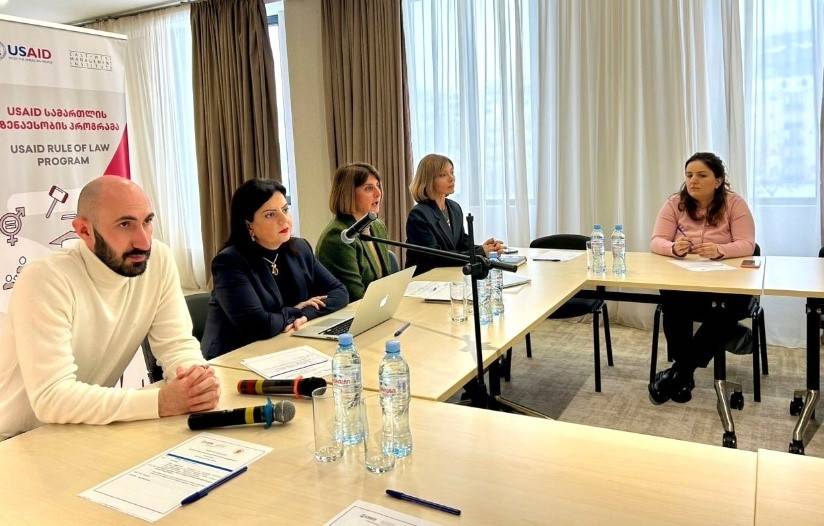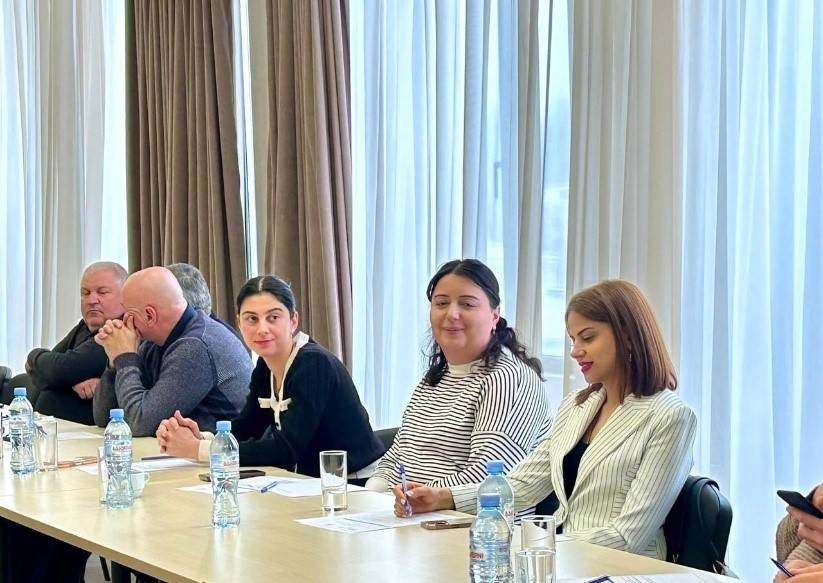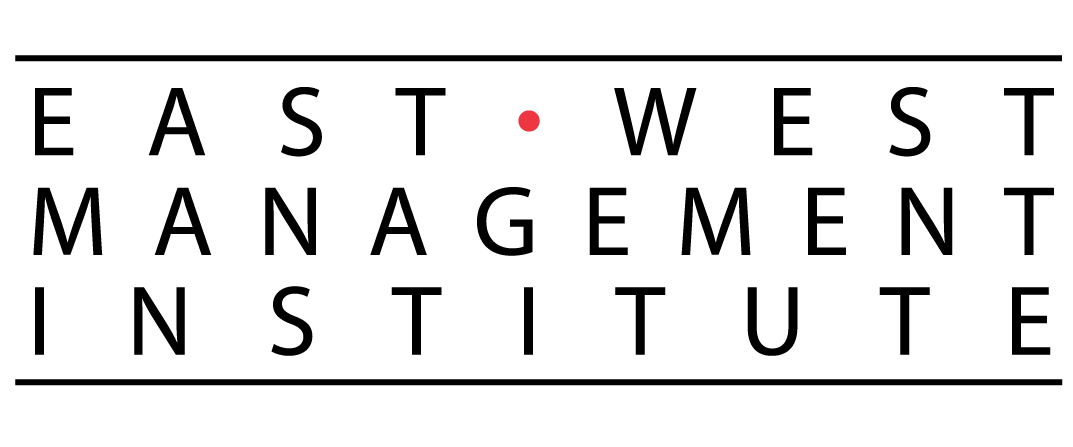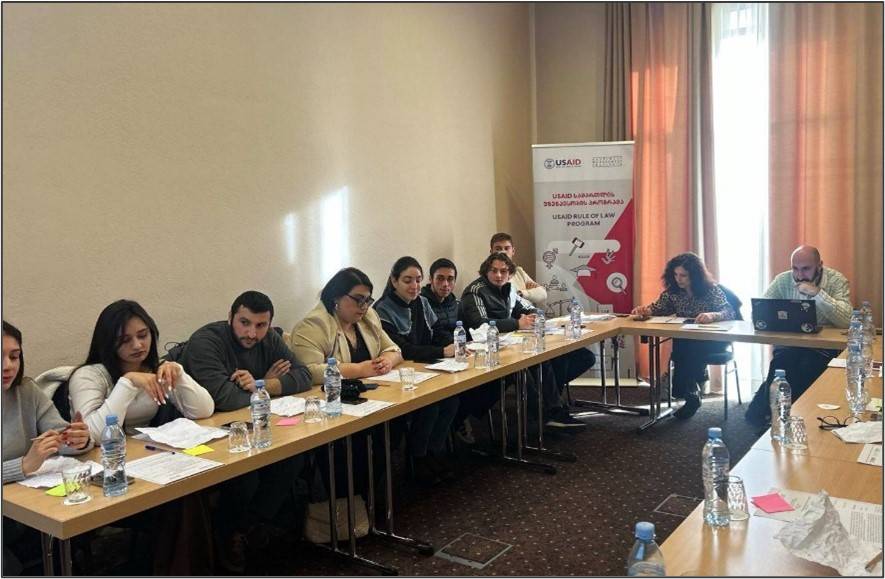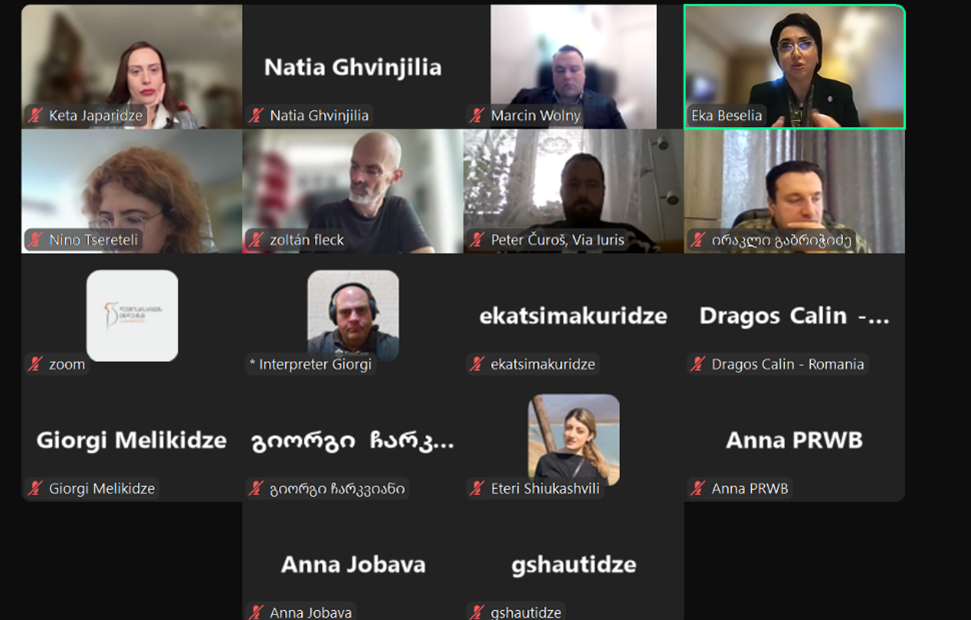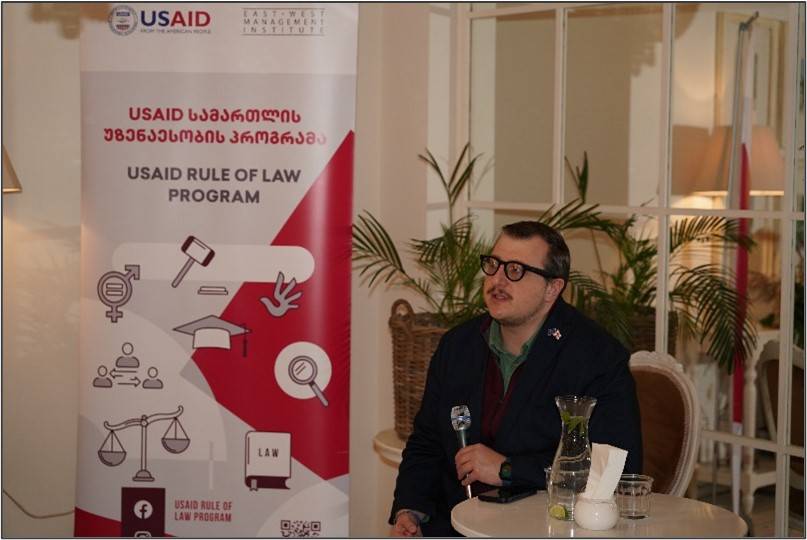Akhaltsikhe Lawyers and Judge Assistants Discuss Management of Court Caseloads
On January 27, 2024, in Akhaltsikhe, the USAID Rule of Law Program (Program) in cooperation with the Georgian Bar Association (GBA) hosted a presentation and discussion between 25 lawyers and judge assistants on the topic of caseload management.
Setting the table for the discussion, Sophio Sokhadze, co-chair of the GBA Justice and Judicial Reform Committee, and Tamta Devdariani, Head of the GBA’s Department of Analytical and Committee Activities, presented the findings of a GBA case flow study funded by the Program.
While the study covered the years 2020 and 2021, the presenters expressed their belief that the study accurately reported an alarming trend in caseload numbers that has continued up to the present.
According to the GBA study, from 2020 to 2021, the number of civil cases handled by the Georgian courts jumped from 116,310 to 148,436, a whopping 22% increase. The number of administrative cases also rose significantly.
Roundtable participants expressed their collective opinion that the numbers of cases filed has continued to rise and court case calendars remain overcrowded. They believe the main reason for this backlog is an insufficient number of judges. They noted that in Akhaltsikhe there are still three vacant judge positions, and out of the four judges assigned to court, three of them also serve as magistrate judges.
According to lawyers, the lack of judicial specialization also impacts case flow since judges not familiar with specialized areas of the law take more time to reach decisions. The participants reported that on top of all this, the postal service in the region is so unreliable it frequently fails to deliver court notifications to litigants and other parties, causing more delay. The participants did point out bright spots in the court’s modernizing process. They complimented the local court’s use of technology to allow distance hearings, which is saving the parties time and money.
